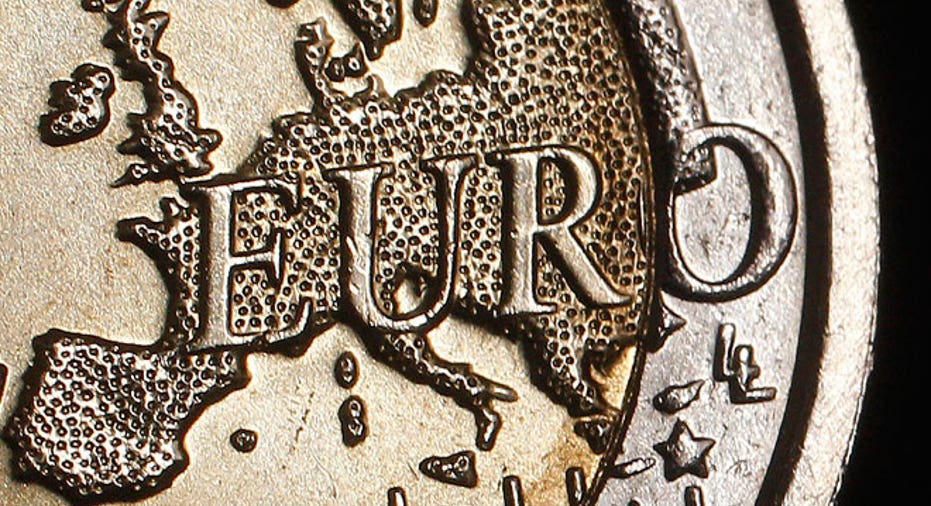Eurozone Economy Contracts Mildly in 2Q

The euro zone economy narrowly skirted recession in the first half of the year, but austerity programmes across the region and a debt crisis weighing ever more heavily on its periphery suggest the reprieve will be short-lived.
Gross domestic product (GDP) shrank by 0.2 percent in the second quarter from the first after risk-averse businesses and consumers reined in spending, European statistics agency Eurostat said on Tuesday. It also revised up the January-March growth figure to zero from a 0.1 percent contraction, meaning the region averted the two consecutive quarters of contraction that define a recession.
Europe's debt crisis intensified during the second quarter, with Greece coming closer to an exit from the single currency and Spain struggling with a banking crisis that pushed its borrowing costs to danger levels. Analysts agree the gloomy picture is not about to change.
"What we see is a vicious circle of budget cuts, high interest rates in the periphery and sovereign debt rising," said Aline Schuiling, an economist at ABN AMRO.
"There is still a lot of uncertainty related to the crisis." A decline in GDP from the end of last year levelled off in the first quarter of 2012 as exports offset a plunge in investment and inventories. "The economy is avoiding recession by the skin of its teeth, but it will be a temporary reprieve," Kenneth Wattret, economist at BNP, said.
"You could argue we have one leg in the recession already," said Martin Van Vliet, economist at ING. "Leading indicators point to a further contraction in the third quarter, so we might indeed see a technical recession."
Tuesday's flash GDP estimate for the second quarter was in line with the average of economists' expectations as polled by Reuters. Industrial production, a key component of GDP, fell 0.6 percent in June from May and 2.1 percent compared to June 2011, another reading from Eurostat showed.
This was slightly above forecasts of a 0.7 and 2.2 percent fall respectively. Earlier on Tuesday, Germany posted modest growth in the second quarter, while France stagnated, as Europe's core gets drawn further into to the debt crisis. German analyst and investor sentiment also dropped for a fourth straight month in August, undercutting even the lowest forecast in a Reuters poll, a survey showed on Tuesday.



















